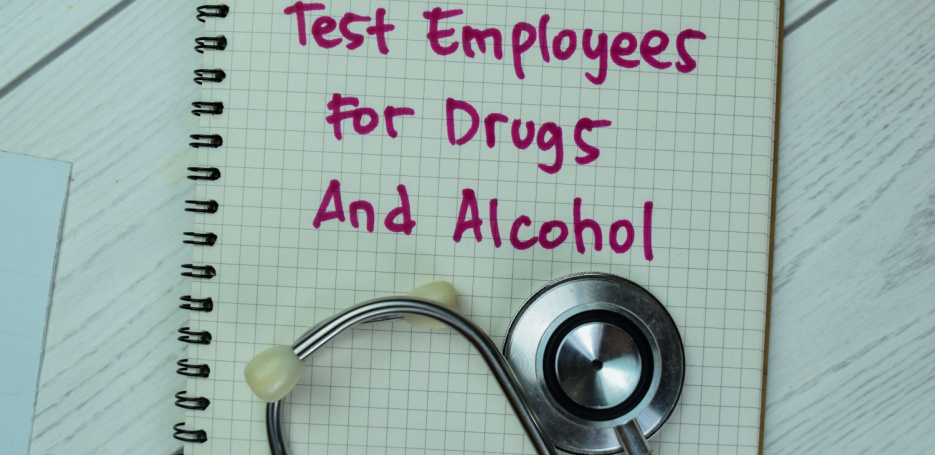The opioid crisis continues to impact more and more people, and accidental overdoses are happening more frequently. Impairment at work from alcohol or opioids can lead to incidents, injuries or even fatalities, so drug and alcohol testing is crucial to maintaining a safe work environment. No one is immune to the impact of opioid addiction. Educating ourselves on opioids reduces harm and stigma and increases awareness of support, which can help to reduce the impact these drugs have.
The Impact of Opioids in the Workplace
There are a few critical ways that opioids can impact the workplace.
First Responders
First responders are at risk of being exposed to opioids when performing their duties or first aid measures. Opioids come in many forms, like syrups, nasal sprays, liquids, or tablets, so an unknown and unwanted encounter may occur.
Prescribed After Workplace Injuries
When opioids are prescribed to manage pain from an injury sustained at work, misuse can occur. Heavy work and highly hazardous work environments tend to be associated with opioid use. Workplaces that have lower paid sick leave, low job security, and pressure to return to work quickly tend to have higher rates of misuse because individuals feel like they need to return before they’re ready, and they adjust their medication to control the pain.
Jobs that offer no paid sick leave or job security may force workers to try to get back to work without taking the appropriate amount of time off to improve.
Using While Working
When taking opioids, prescribed or otherwise, it results in impairment, so operating heavy machinery and driving can become dangerous. Side effects of opioid use include feeling high, drowsiness, nausea, vomiting, headaches, confusion, and difficulty breathing.
Problematic Use
Opioids are highly addictive, and even prescription opioids have the potential to be misused, leading to dependence. Misuse may lead to illegal drug use of heroin or other street drugs. Once addicted, an individual will continue to use the drug, regardless of the harmful effects, and they may become unable to perform their job safely.
Poisoning
At any time, you may encounter someone who has been poisoned by the drug or experiencing an overdose.
When Should There be Drug and Alcohol Testing in the Workplace?
Many occasions call for routine drug and alcohol testing, such as:
- Pre-employment
- Pre-assignment
- Routine
- After an incident occurred
- For cause
- Follow-up
- Monitoring
- Return-to-work
- Random
Being a Partner in Opioid Response
The more we know about the opioid crisis, the more we can do. In 2018, AHS launched an opioid awareness campaign, encouraging all Albertans to be partners in opioid response. Narcan kits are available for free at many pharmacies across the province. For additional resources, visit the Drug Safe website.
AIP’s Fentanyl Awareness Course
Our 4-hour Fentanyl Awareness course provides participants with a 3-year certification, equipping them with vital knowledge in the face of the growing opioid epidemic in Alberta. Our course thoroughly educates on the dangers of Fentanyl and its analogs, which are significantly more potent than morphine and increasingly encountered by law enforcement, emergency medical personnel, firefighters, and other professionals.
We address the history of opioids, the origins of Fentanyl, and the alarming rise in overdoses and related petty crimes. Crucial course components include safe handling of these substances, the use of personal protective equipment, and preventative measures. Additionally, it provides essential training in the administration of Narcan, a life-saving treatment for suspected Fentanyl overdoses.
This course is particularly relevant for professionals in high-risk environments, ensuring they are prepared and informed to manage situations involving Fentanyl exposure safely. Book your Fentanyl Awareness course today.

